Architecture is one of mankind’s most noticeable forms of expression. Every now and then, there comes that extraordinary architect that changes how we see and perceive design. In no particular order, here are some of the most influential and most famous architects of Australia.
IOTA Designer Planters are the Pots Online Architects Specify
Their work has remarkable effect on our lives. From homes to iconic buildings, architects are responsible for creating an emotional impact on people.
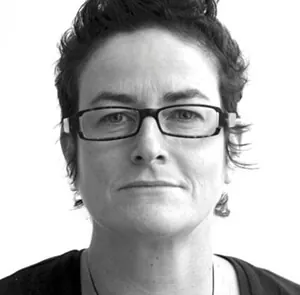 1. Georgia Singleton
1. Georgia Singleton
Georgia received her Bachelor’s degree of Architecture in the University of Western Australia. She is currently the Director of the firm Woods Bagot in Sydney. The company is a global design and consulting firm with a team of over 1,000 people. It ranks 7th in the recent list of the world’s top 100 architecture firms of 2015.
Georgia has a strong commitment to the education sector’s ongoing development within Australia and across the world. She is a global leader in the development of education facilities. Her new key project involves the University of Sydney’s new Business School, and the University of New South Wales’ Engineering masterplan.
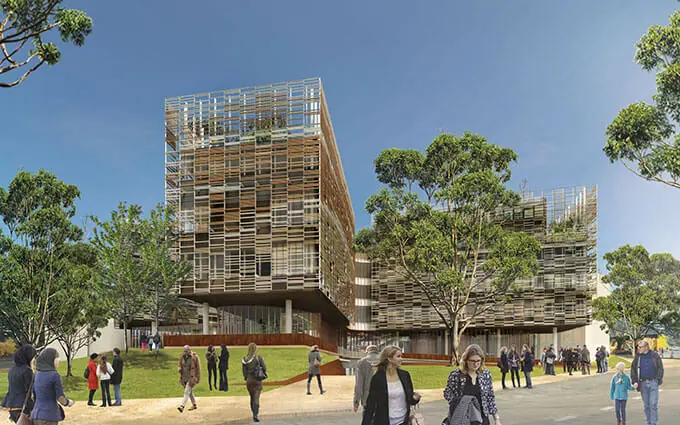
Image Credit: http://www.woodsbagot.com/project/university-of-sydney-business-school
She has worked on a diverse range and scale of architectural and interiors focused projects. She seeks to push traditional building and fit-out typologies with dynamic, highly integrated and research-driven solutions.
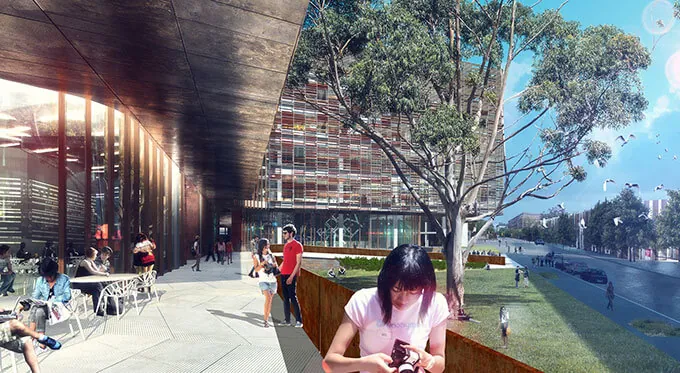
Image Credit: http://www.woodsbagot.com/project/university-of-sydney-business-school
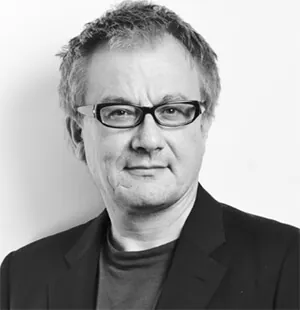
2. Kevin Fitzgerald
Kevin specialises in major commercial fitouts, with over 20 years of experience in architecture and interior design. He is the present Managing Director of the Sydney-based, award-winning firm, HBO+EMTB. The company also ranks 43rd in the recent list of world’s top 100 architecture firms of 2015.
Kevin is experienced in all of HBO+EMTB’s service lines including architecture, interior design, urban design, strategic facilities planning and project coordination. His key clients include the Australian Taxation Office, AAPT, Nortel Networks and PriceWaterhouse Coopers.
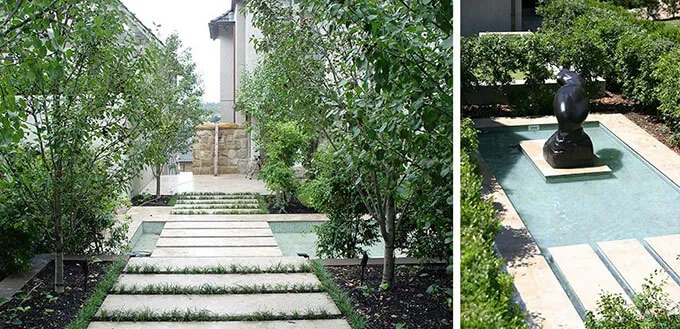
Image Credit: http://www.hboemtb.com/projects/single_project/hunters-hill-residential-garden
His expertise in client management ensures an efficient communications process between design and delivery teams and key stakeholders. He wants to consistently pursue innovation, underpinned by creative skill and proven design ability.
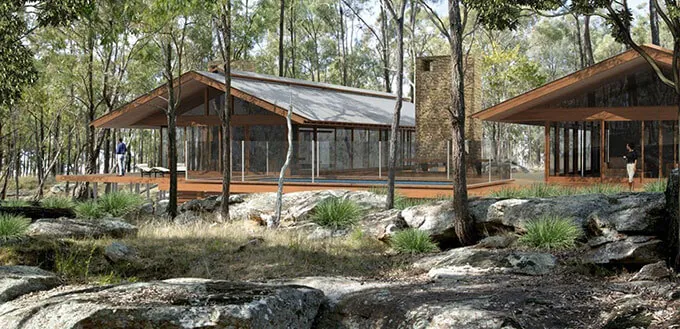
Image Credit: http://www.hboemtb.com/projects/single_project/yarraman-retreat
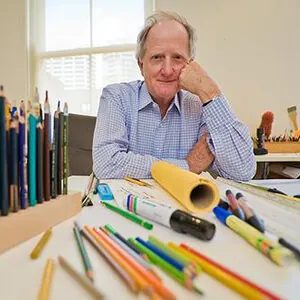 3. Philip Cox
3. Philip Cox
Philip is the founding partner of Cox Architecture, a firm that was established in 1962. The company had become one of Australia’s largest in the year 2000. He is a Fellow of the Australian Academy of the Humanities.
Philip has received numerous awards in recognition of his contribution to architecture, including the Sir Zelman Cowen Award, the RAIA Gold Medal in 1984, and Life Fellowship to the RAIA in 1987.In the same year, he also received the Honorary Fellowship of the American Institute of Architects.
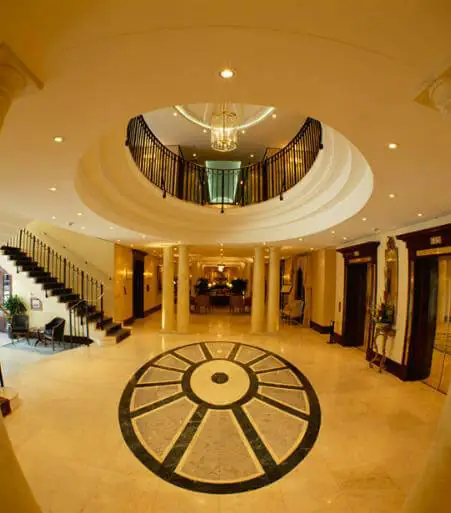
Image Credit: http://www.coxarchitecture.com.au/#/project/10311
He is responsible for the concept design of most of the firm’s projects and reviews all the designs produced by the practice. In 2013, Philip had been appointed to draw up a masterplan for Sydney’s biggest piece of real estate, the Royal Botanic Gardens.
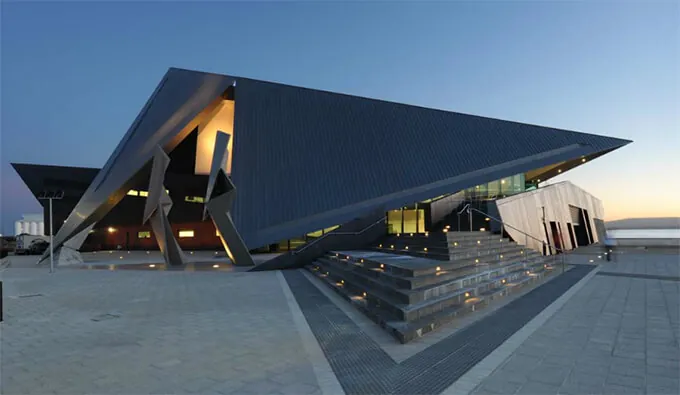
Image Credit: http://www.coxarchitecture.com.au/#/project/13048
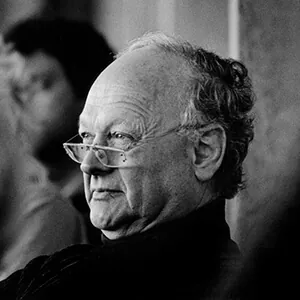 4. Glenn Murcutt
4. Glenn Murcutt
Glenn Marcus Murcutt is undeniably one of the Australia’s most influential architects. He was recognized by the Australian Institute of Architects (AIA) Board in large part for the depth of his work and the breadth of his influence. A sole practitioner, he is noted for his ecologically-responsive and socially-responsible Modernist suburban and rural homes.
He has been awarded the AIA Gold Medal in the year 1992, which is the highest honor the AIA confers on an individual. He became the 65th AIA Gold Medalist, joining the ranks of such visionaries as Thomas Jefferson and Frank Lloyd Wright. In 2002, he was awarded the Pritzker Prize which is the architectural equivalent of a Nobel Prize. And in 2009, he was also awarded a Gold Medal by the American Institute of Archirects (also AIA).
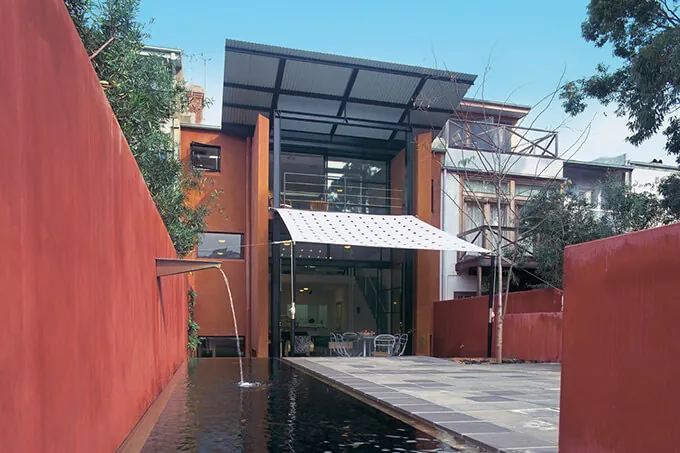
Image Credit: Anthony Browell
Some of his key projects include the Ken Done House in Mosman, New South Wales, the Magney House in Kempsey, as well as the Ball and Eastway house, Glenorie. Each year, he offers design studio programs called ‘the Glenn Murcutt International Architecture Master Class’.
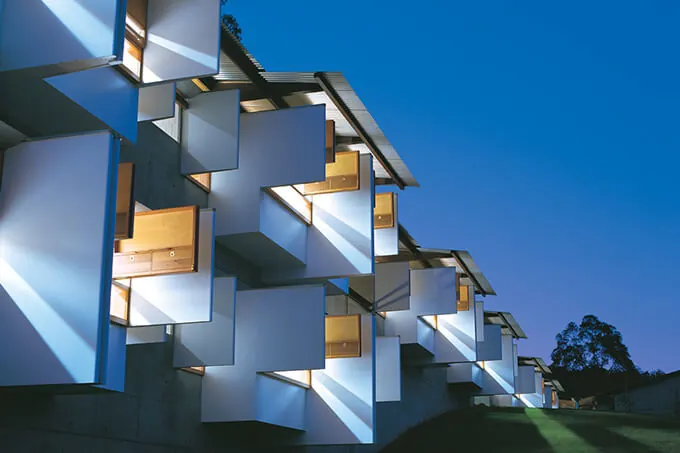
Image Credit: Anthony Browell
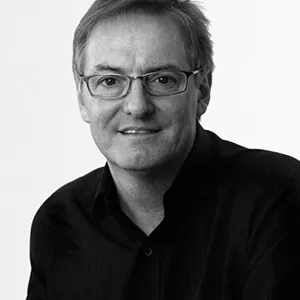 5. John Wardle
5. John Wardle
John founded John Wardle Architects in 1986, and led the growth of architectural practice from small dwellings to university buildings, museums, public spaces, high-density housing and large commercial offices.
He is an Adjunct Professor in Architecture at both the University of Melbourne and the University of South Australia. His conceptual sketches are known for their densely overlaid nature, a search for the right line for each and every circumstance.
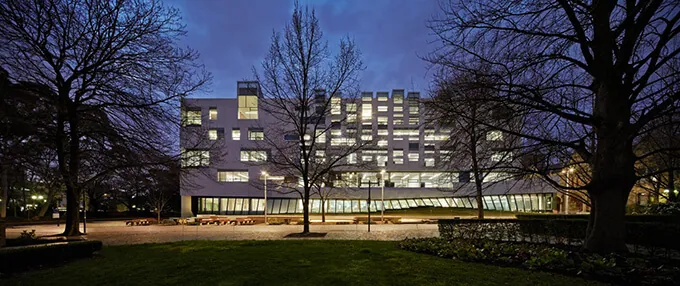
Image Credit: http://www.johnwardlearchitects.com/projects/project/40-melbourne-school-of-design
John’s residential work still continues to push the boundaries of how to use and recycle materials. He has an international reputation as a designer who understands both the detail of human occupation and the big picture of civic ideas.
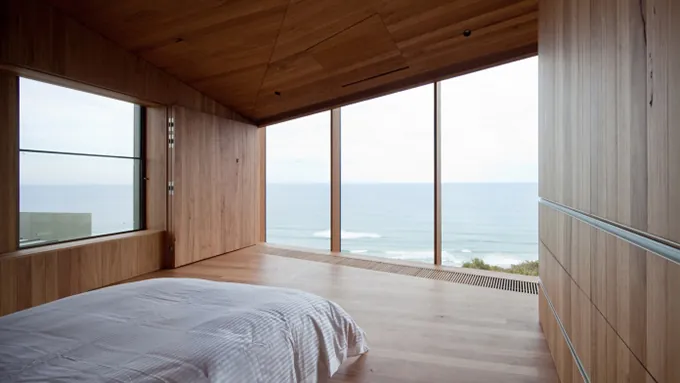
Image Credit: http://www.johnwardlearchitects.com/projects/project/47-fairhaven-beach-house
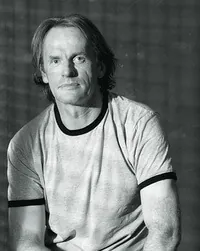
Image Source: Earl Carter
6. Sean Godsell
Sean graduated with First Class Honours from The University of Melbourne in 1984. He obtained a Masters of Architecture degree from RMIT University in 1999. He spent much of 1985 travelling in Japan and Europe, working in London from 1986 to 1988.He has received numerous local and international awards.
In 2002, he was listed as one of ten people destined to ‘change the way we live’ by the influential English design magazine wallpaper. The following year, he received a Citation from the President of the American Institute of Architects for his work for the homeless.
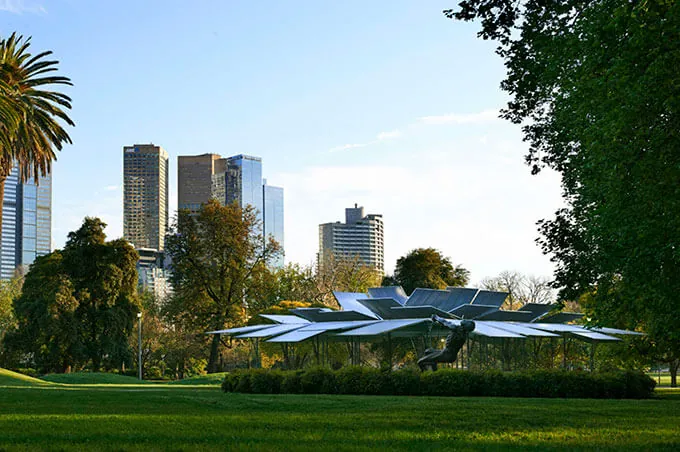
Image Source: http://architizer.com/projects/mpavilion/
His father was an architect and from an early age Sean wanted to be one too. Some of his projects include Grampians Peaks Trail, RMIT Design Hub, Edward Street House, and more. Sean’s set of principles and ideas involve uniting Eastern and Western traditions.
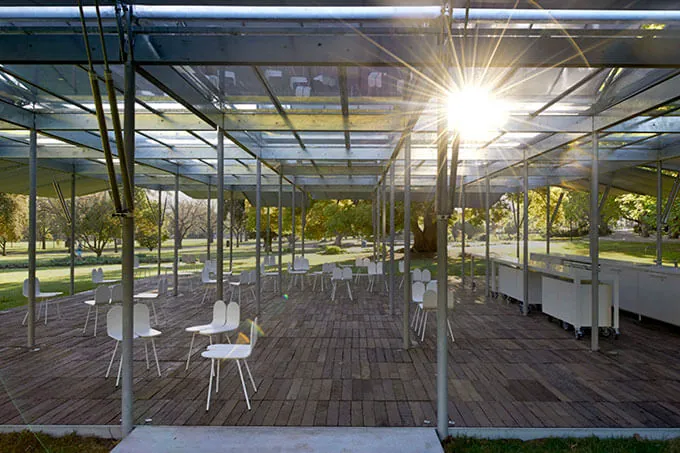
Image Source: http://architizer.com/projects/mpavilion/
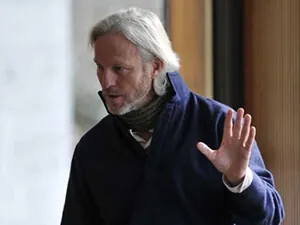
Image Credit: Lindsay Johnston
7. Peter Stutchbury
Peter is well-known for his innovative approach to sustainability and design, working across educational, industrial and residential projects. He has worked independently since 1981, producing a wide variety of award-winning works.
Peter is considered as one of the leaders of a new generation of Australian architects. He established his own firm, Peter Stutchbury Architecture, working on projects which have been published and acclaimed internationally. He is currently a Professor at The University of Newcastle, Australia.

Image Credit: Patrick Bingham-Hall | News Corp Australia
Since 1995 his firm has won an unprecedented 39 Australian Institute of Architects Awards. But, many were struck in awe when an interview by Kate Legge revealed that the gold medal-winner architect actually lives in a tent house. Yes, Peter lives on the Avalon headland on Sydney’s northern beaches.
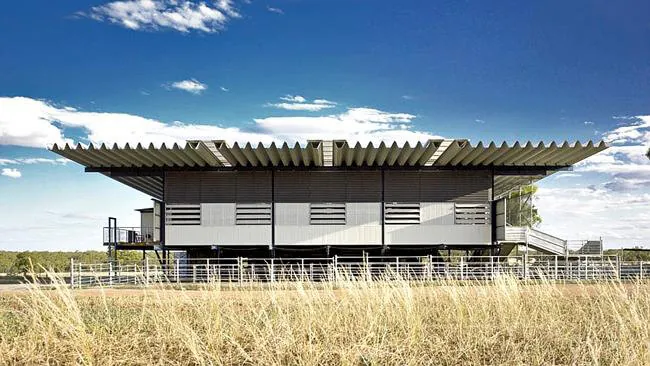
Image Credit: Michael Nicholson

Image Credit: housesawards.com.au/
8. Brian Donovan
Brian is an adjunct professor at the University of Queensland’s School of Architecture. He has a Masters degree in architecture from RMIT University. He established Donovan Hill with Timothy Hill in 1992 in order to focus on offering design focused Architectural Services.
Brian is experienced across many scales and building typologies.This allowed him to test the inherent capacity of construction systems. His commitment to investigating architectural ideas has been demonstrated throughout his 30 years of practice.
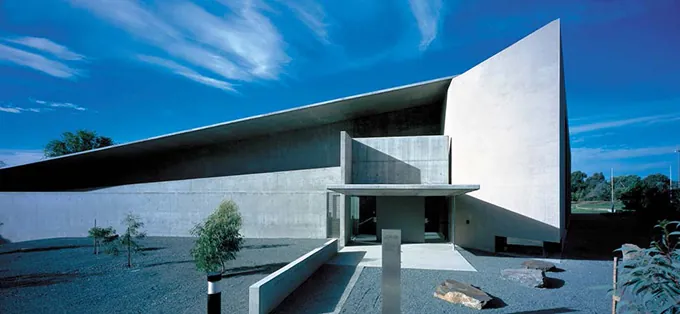
Image Credit: http://www.bvn.com.au
Brian is rigorous in working across all scales and building typologies, including institutional, public, commercial and master planning.In October 2012, the practice joined with BVN to form BVN Donovan Hill.
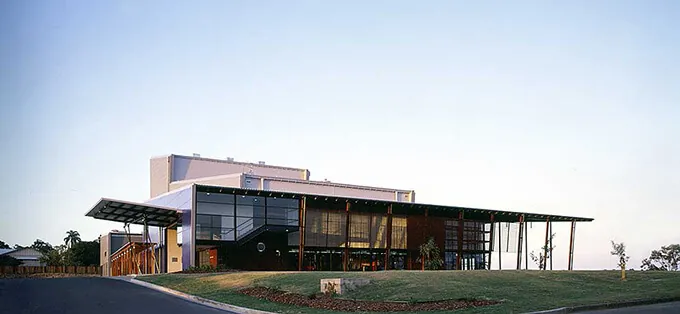
Image Credit: http://www.bvn.com.au/
 9. Stephen Guthrie
9. Stephen Guthrie
Stephen studied architecture at the University of Tennessee, USA, and Melbourne’s RMIT. He then graduated with a Bachelor of Architecture with Honours from the University of Queensland in 1993. Together with his wife Lindy Atken, he established Bark Architecture in 1997. They also attended the Glenn Murcutt Master Class in 2008.
His aim is to create buildings that are designed from the inside out. He wants these spaces respond directly to the needs of the people who use them.He believes that buildings should integrate delicately with the natural landscape, ensuring minimal environmental impact and maximum sustainability.
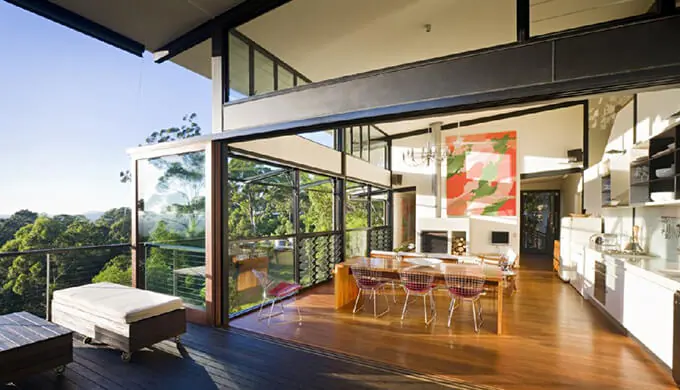
Image Credit: https://www.linkedin.com/in/barkdesignarchitects
Stephen’s firm has already won several awards including the Queensland State Architecture Awards ‘Art in Architecture’ Prize, Sunshine Coast Regional Commendation, and more. He wants to engage life and work in the contemporary architectural dialogue.
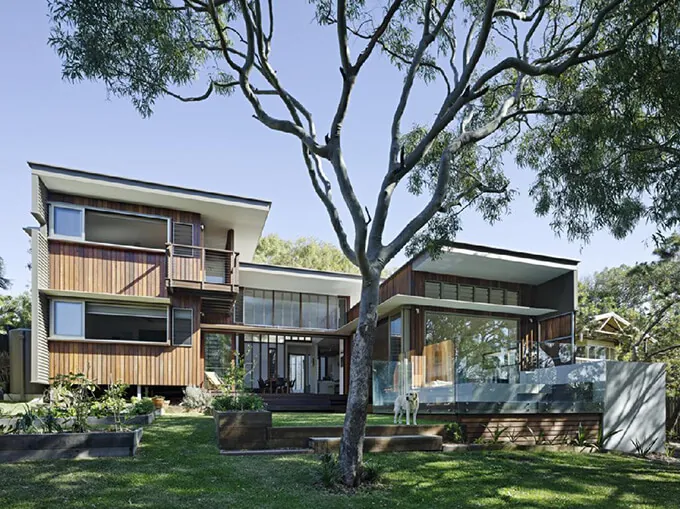
Image Credit: https://www.linkedin.com/in/barkdesignarchitects
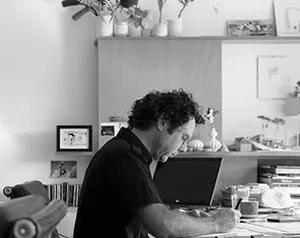
Image Credit: http://architectureau.com
10. David Boyle
Since establishing his practice in 2002, David has earned an enviable reputation for creating strikingly individual houses on limited budgets. In 2005, he received a commendation from the Australian Institute of Architects NSW Chapter Architecture Awards.
He has had experience in all aspects of architectural documentation over a variety of building types including master planning, institutional, public, commercial and multiple and single residential, with specialist experience in conceptual and developed design.
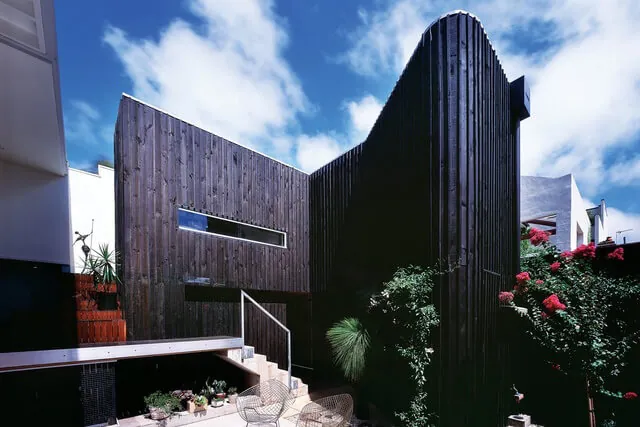
Belmont Street Residence: an oblique view of the rear elevation. Image Credit: Murray Fredericks
David is also the inaugural winner of the Suters Architects Snell Design Prize. He has taught at several institutions including a year as Associate Lecturer in architecture at the University of Newcastle and the Hunter Institute of TAFE. In addition, he has been a guest critic and the University of Sydney.
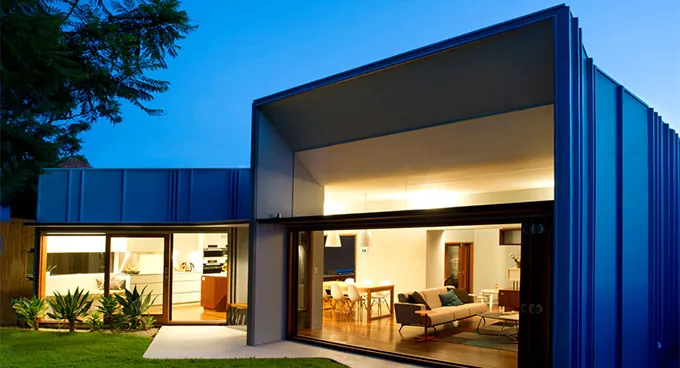
Image Credit: http://www.davidboylearchitect.com.au/portfolio_page/smith-residence/
Do you know of any other architects that greatly influenced Australia’s architectural industry? Let us know in the comments.



Oh please what absolute BS. Not sure who came up with this list but it certainly does represent the most influential architects. Fake News
Would you care to provide a more comprehensive list? It’d be helpful to anyone else that’s interested in this matter (myself included).
Cheers!
how does b.e architecture not get a mention!
Hmmm…interesting how this list does not have a hint of diversity or multiculturalism in it.
But not surprising, is it?
I’d agree with your sentiments. It’d be refreshing to have a bit more diversity in this list and in the field. Do you happen to know of any multicultural firms that should have been included?
Cheers!
Sydney architect Gerard MCDonell, a design teacher at the University of New South Wales, whose 1939 house, designed for his family, in the northern Sydney suburb of Gordon, won a Sulman Prize and is heritage listed. The house is a precursor of modernism in Australia, with simple lines and bright light through the use of large glazed areas.
I am looking for an architect that has got an imagination far from small buildings but as big as the Pathanon or bigger, this will be a christian church, with castled walls and other buildings surrounding the church within the walls. There will be other buildings built within the walls but that be a later architectural after thought through a think tank or from a board meeting.